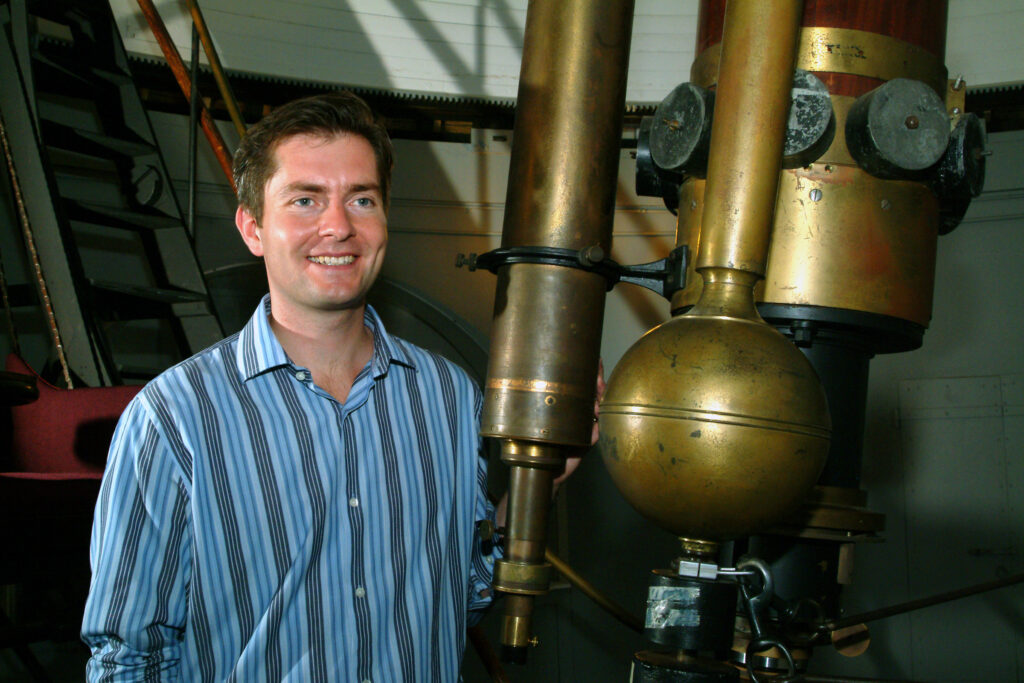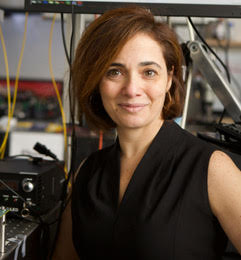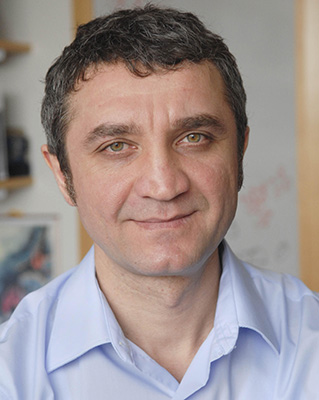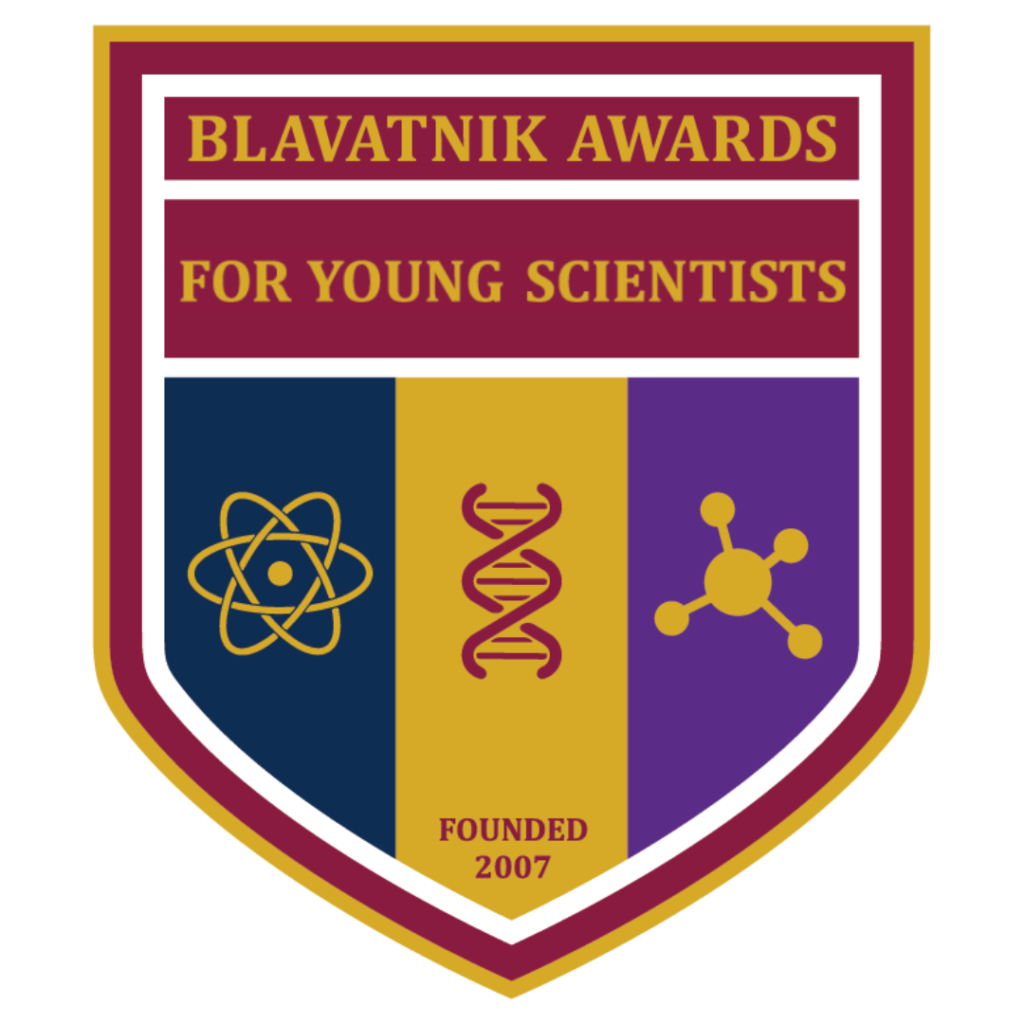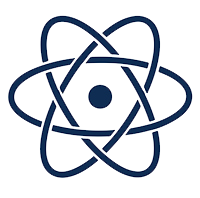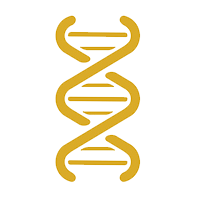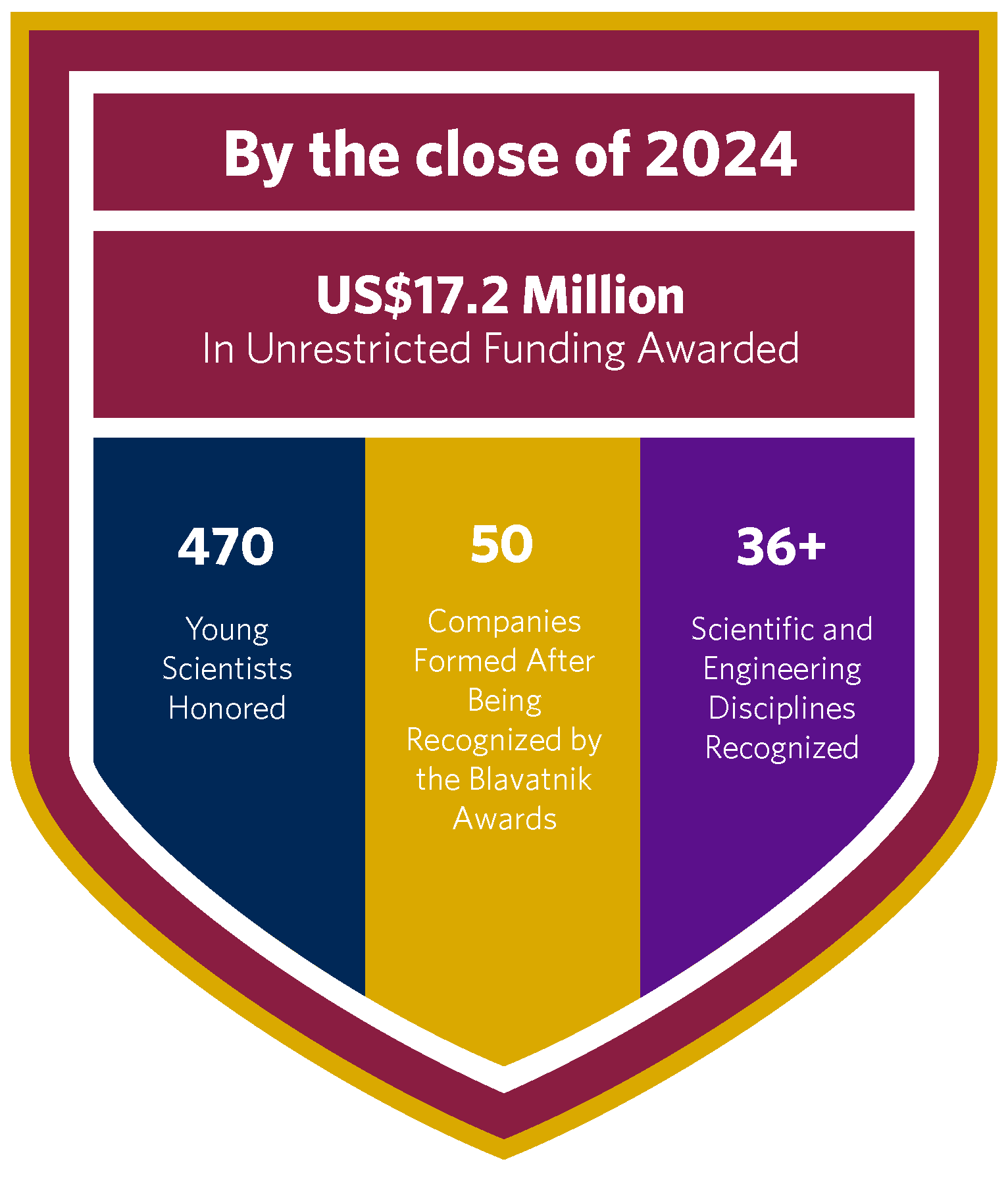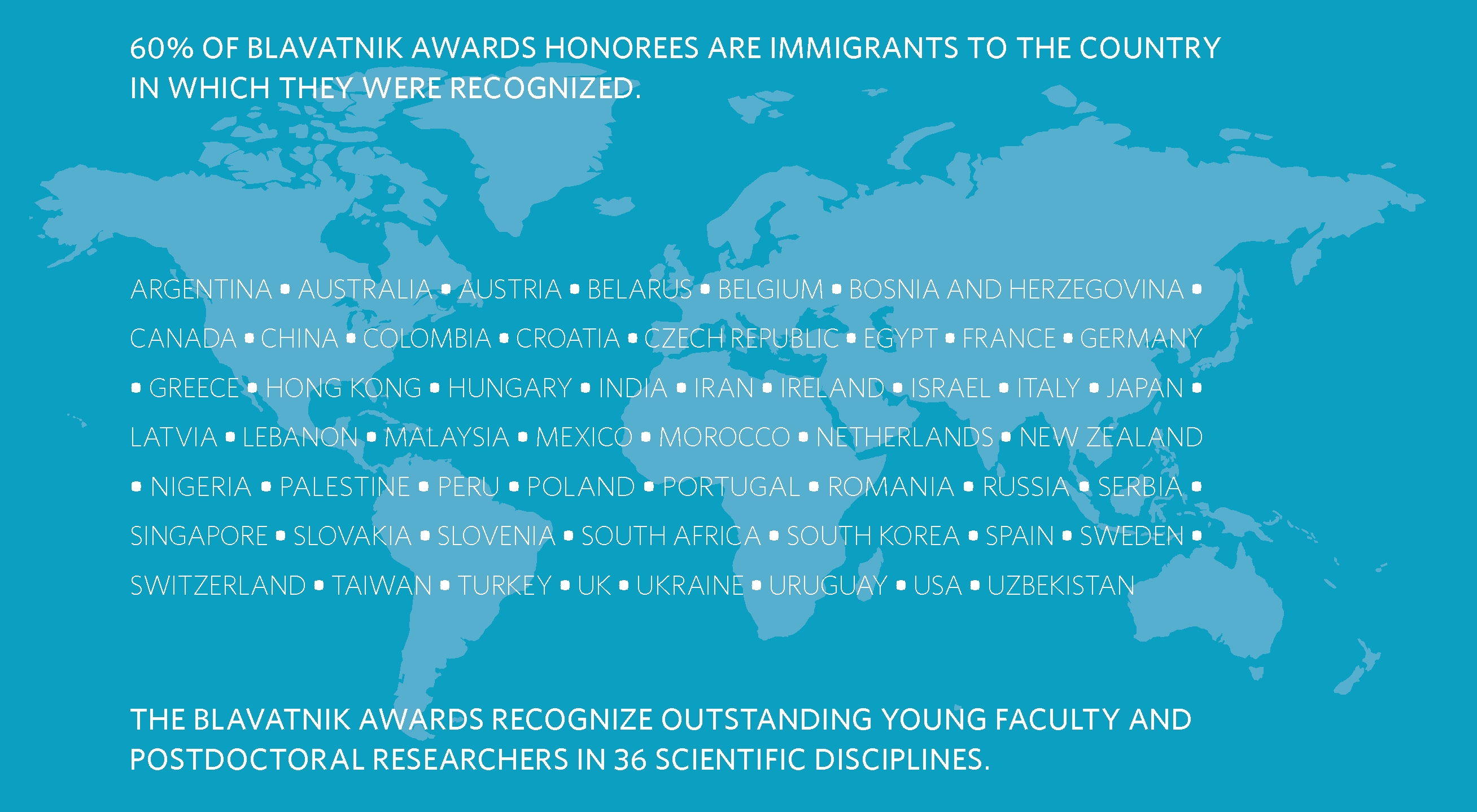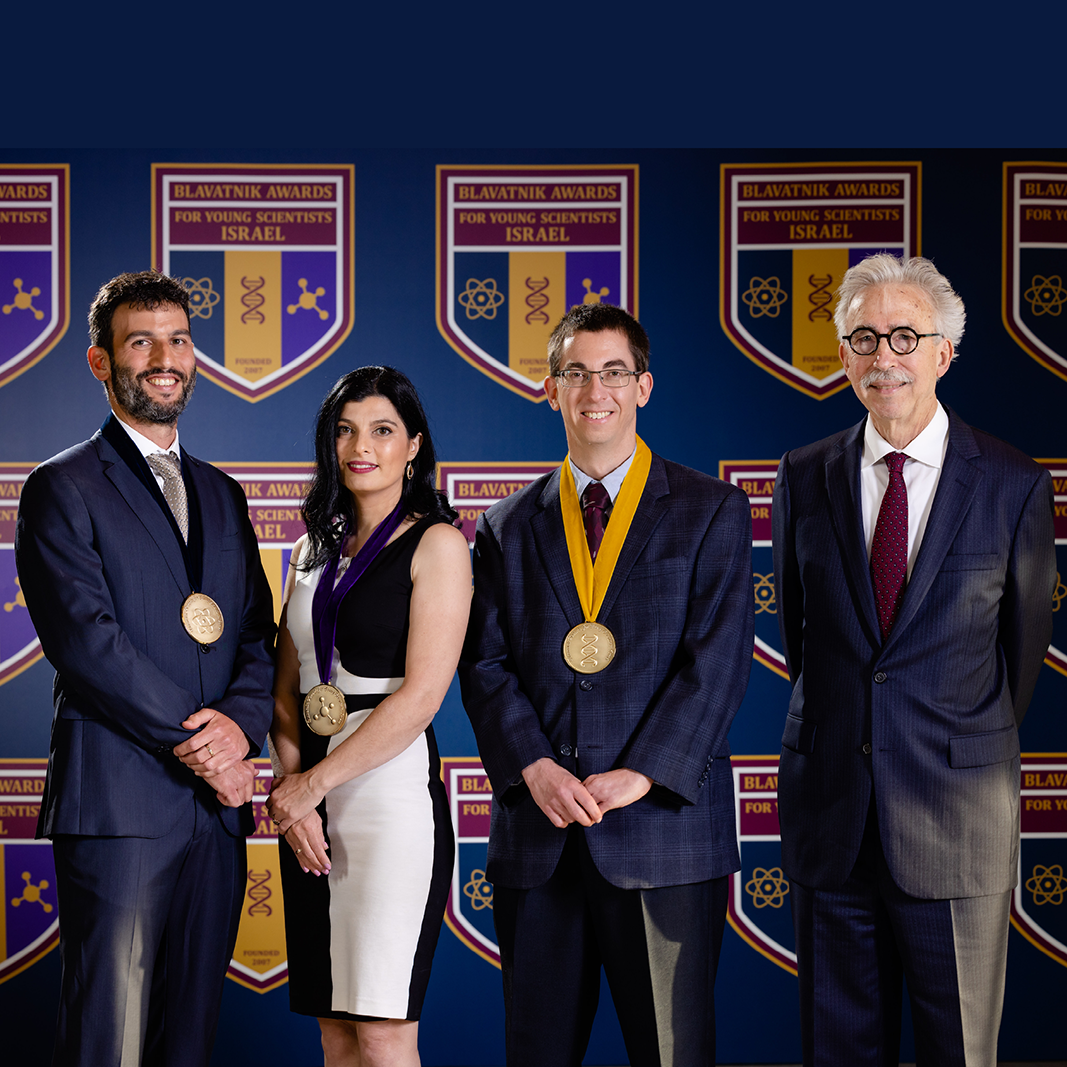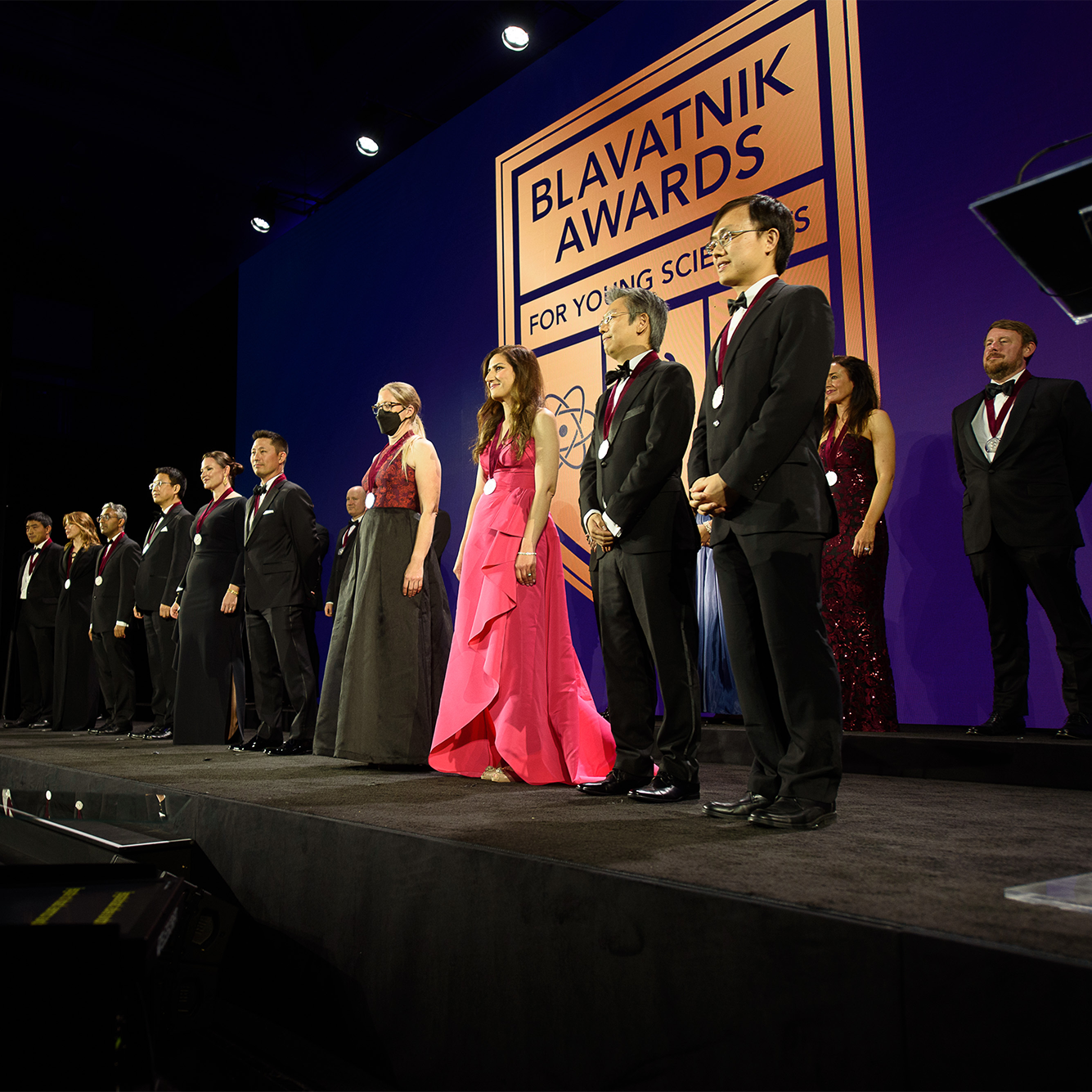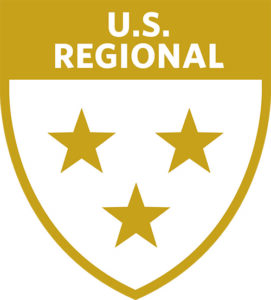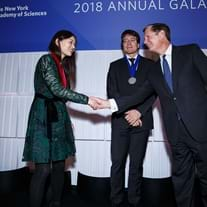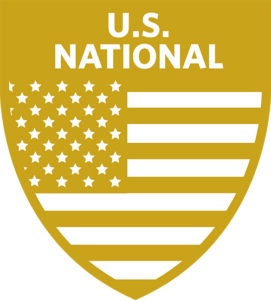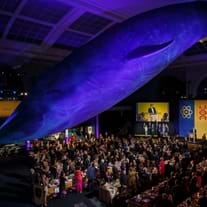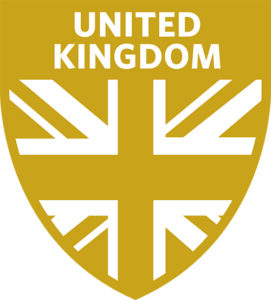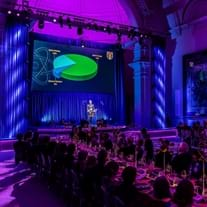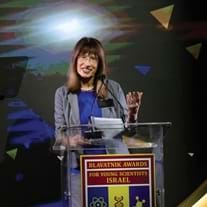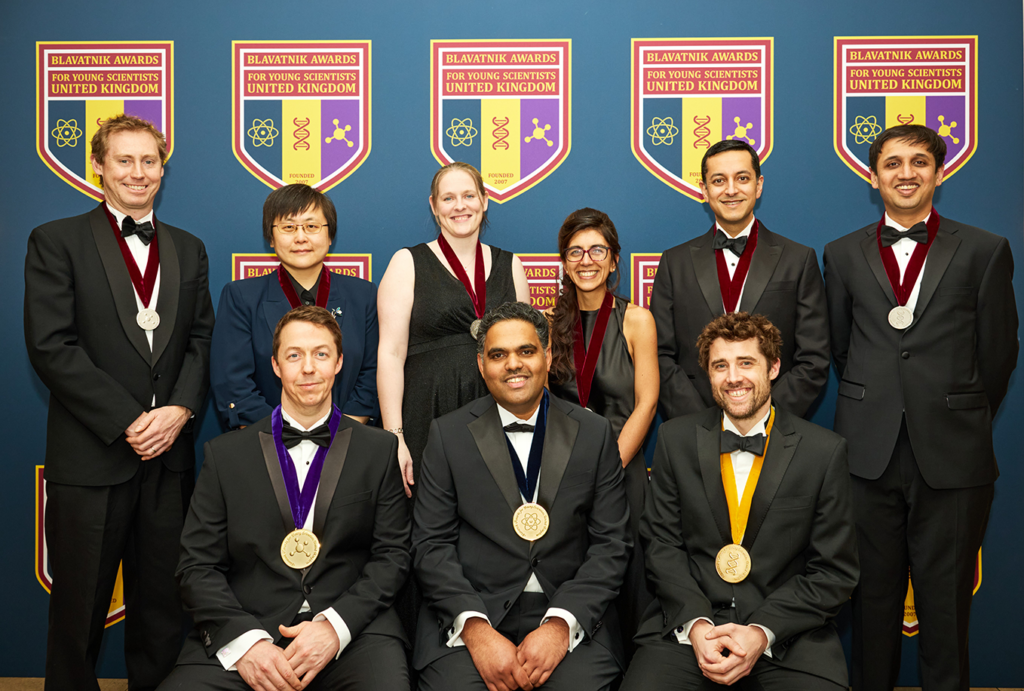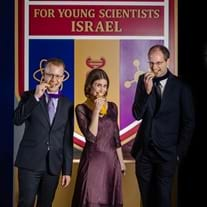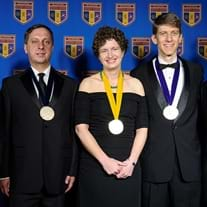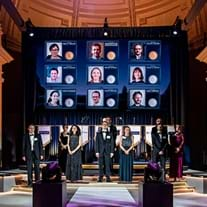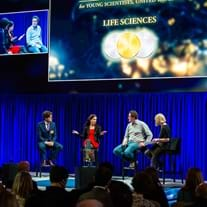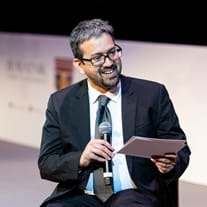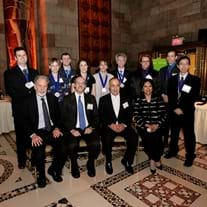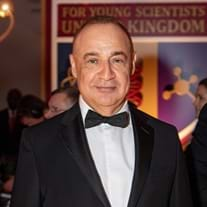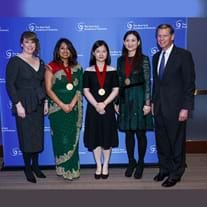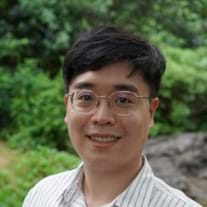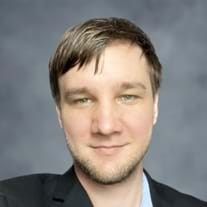The Awards honor postdoctoral scientists from tri-state academic and research institutions in chemistry, physical sciences & engineering, and life sciences.
New York, NY | August 9, 2023 – The Blavatnik Family Foundation and The New York Academy of Sciences today announced the three Laureates and six Finalists of the 2023 Blavatnik Regional Awards for Young Scientists. The Awards honor outstanding postdoctoral scientists from academic research institutions across New York, New Jersey, and Connecticut in three disciplinary categories: Chemistry, Physical Sciences & Engineering, and Life Sciences.
The Blavatnik Regional Awards jury, consisting of distinguished scientists and engineers from across the New York Tri-State region, selected one Laureate in each of the three categories who will receive a $30,000 unrestricted prize and two Finalists in each category who will be awarded $10,000 each. In the 2023 competition, there were 121 outstanding nominations from 28 academic institutions in the New York metropolitan region (Tri-State Area). The 2023 Blavatnik Regional Awards Laureates and Finalists will be honored during National Postdoctoral Appreciation Week, which recognizes the significant contributions that postdoctoral scholars make to U.S. research and discovery. The 2023 Ceremony of the Blavatnik Awards for Young Scientists, will take place at the American Museum of Natural History in New York on September 19, 2023.
“Congratulations to this year’s Regional Awards Laureates and Finalists. We look forward to their future significant discoveries,” said Len Blavatnik, Founder and Chairman of Access Industries, head of the Blavatnik Family Foundation.
Nicholas B. Dirks, The New York Academy of Sciences’ President and CEO, said, “Congratulations to the 2023 Blavatnik Regional Awards Laureates and Finalists. This year’s Regional honorees are driving cutting-edge research, making important contributions to the area’s current and future scientific excellence. Many are publishing research at rapid speed, taking creative risks in their research, while actively working to create a more diverse STEM workforce. These are the young scientific superstars we should be watching.”
The 2023 Blavatnik Regional Awards Laureates in the three award categories are:
Chemistry
Joonho Lee, PhD, (quantum chemist) nominated by Columbia University— was recognized for the development of state-of-the-art quantum chemistry algorithms for classical and quantum computers. Lee’s work aims to provide a microscopic understanding of emergent functional materials, including solar cells, electrocatalysts for the hydrogen economy, and optoelectronics. Lee has recently joined the faculty at Harvard University.
Physical Sciences & Engineering
Zoe Yan, PhD, (physicist) nominated by Princeton University — was recognized for developing the first quantum gas microscope on single, ultracold molecules and applying this technique to explore important phenomena relevant to high-temperature superconductors and other quantum materials. Yan’s work opened a new venue to study complex quantum phenomena previously inaccessible by other instruments and holds great potential in future quantum technologies. Yan has recently joined the faculty at The University of Chicago.
Life Sciences
Yanxiang Deng, PhD, (biomedical engineer) nominated by Yale University — was recognized for developing a novel microfluidic method for “spatial-omics” to profile expression of RNA, proteins, and epigenetic markers across spatially organized groups of cells in tissues. Deng’s work has allowed us to construct a map of how RNA, proteins, and epigenetic markers are expressed across groups of cells with respect to cells’ relative positions. This work provides critical insight about how cells in different regions change their behavior during processes like development and disease. Deng has recently joined the faculty at the University of Pennsylvania.
The following postdoctoral researchers have been named Finalists in their respective categories:
Chemistry
Elena Meirzadeh, PhD, (materials chemist), nominated by Columbia University — was recognized for synthesizing a molecular two-dimensional form of carbon that has opened up a new class of materials with enormous potential applications in energy storage and tunable optoelectronics. Her new carbon crystals are formed from superatoms—large molecules made from many atoms—and they have a higher thermal conductivity than other forms of molecular carbon, making them uniquely able to dissipate heat. Meirzadeh has recently joined the faculty at the Weizmann Institute of Science in Israel.
Brittany M. White-Mathieu, PhD, (chemical biologist) nominated by Cornell University—
was recognized for advancing the field of chemical imaging to further our understanding of lipids and their role in cellular function and disease, including cancer. She has created a revolutionary method, Lipid Expansion Microscopy, that enables super-resolution imaging of lipids within cells using widely available instrumentation. White-Mathieu’s work enables direct study of these compounds in cellular membranes where critical cell signaling events and nutrient exchange occur. White-Mathieu will begin a new faculty position at the University of New Hampshire in late August 2023.
Physical Sciences & Engineering
Micah Goldblum, PhD, (computer scientist) nominated by New York University — was recognized for substantial contributions to various aspects of deep learning—a leading technique of artificial intelligence. His work has not only transformed our understanding of the foundations of deep learning, but also improved its data security. Goldblum also broadened the application of deep learning in data-scarce situations, such as leveraging large volumes of diagnostic data for common diseases to improve diagnoses on rare ones.
Adam Overvig, PhD, (applied physicist) nominated by CUNY Graduate Center — was recognized for developing a new paradigm for manipulating light and thermal radiation using metasurfaces—surfaces of artificial materials with nanoscale structures. Overvig’s metasurface designs enable new ways to control the behavior of light with unprecedented precision and efficiency, and are promising for a wide range of applications including electronic communications, medical imaging, quantum computing, and more.
Life Sciences
Valerie A. Tornini, PhD, (developmental biologist) nominated by Yale University — was recognized for identifying roles for novel micropeptides hidden in the vertebrate genome and chromatin regulators that tell early brain cells which kind of cell to become, to then regulate behavior of the whole organism. Tornini showed that these micropeptides and chromatin regulators have crucial roles in early neurodevelopment using zebrafish models. Furthermore, Tornini identified links between mutations in chromatin modifier genes, the resulting behaviors, and autism, informing our understanding of how to therapeutically manipulate these behaviors to treat developmental disorders.
Qiancheng Zhao, PhD, (neuroscientist) nominated by Yale University — was recognized for exploring how our brain senses internal states, such as blood pressure fluctuations, food digestion, and breathing rhythms in a process called interoception. Zhao has characterized the vagal sensory neurons, a key body-brain axis in interoception, responsible for sensing numerous and diverse body signals and relaying them to the brain with incredible precision. Zhao’s work has demonstrated that vagal sensory neurons employ a combinatorial strategy to code the essential features of an interoceptive signal, including the ‘visceral organ’, ‘tissue layer’, and ‘sensory modality’, thus facilitating effective body-to-brain communications.
About the Blavatnik National Awards for Young Scientists
The Blavatnik Awards for Young Scientists, established by the Blavatnik Family Foundation in 2007 and independently administered by The New York Academy of Sciences, began by identifying outstanding scientific talent in New York, New Jersey, and Connecticut. In 2014, the Blavatnik National Awards were created to recognize faculty-rank scientists throughout the United States. In 2017, the Awards were further expanded to honor faculty-rank scientists in the United Kingdom and Israel. For updates about the Blavatnik Awards for Young Scientists, please visit www.blavatnikawards.org or follow us on Twitter and Facebook @BlavatnikAwards.
About the Blavatnik Family Foundation
The Blavatnik Family Foundation supports world-renowned educational, scientific, cultural, and charitable institutions in the United States, the United Kingdom, Israel, and across the globe. Led by Len Blavatnik, founder and chairman of Access Industries, the Foundation advances and promotes innovation, discovery, and creativity to benefit the whole of society. Over the past decade, the Foundation has contributed more than $1 billion to over 250 organizations. See more at www.blavatnikfoundation.org
